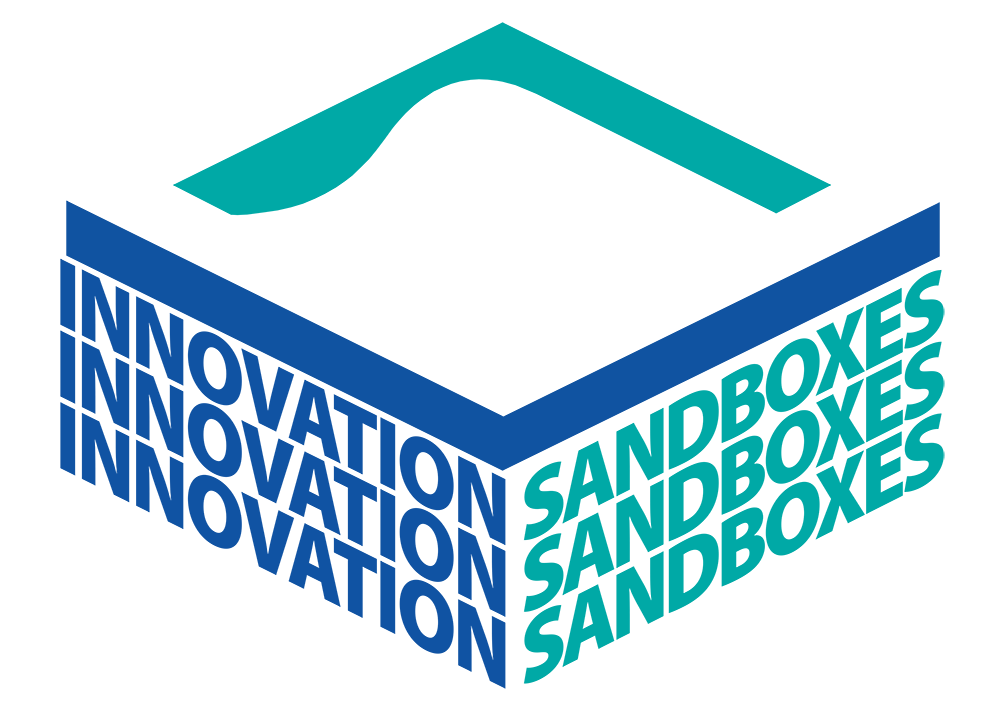Toronto, ON – 18 June, 2020 – Today, QUEST and Pollution Probe launched the Innovation Sandboxes Project, which aims to accelerate the progress of Canadian electricity and natural gas systems to a low-emissions future by creating frameworks that enable innovation for positive change.
Innovation Sandboxes are a policy tool. Through collaboration with multiple stakeholders, they create conditions for a safe and controlled space to test new energy products, services and business models in a real-world environment. They provide the opportunity to change how processes, procedures, policies, rules or regulations are applied. The ultimate goal is to achieve systematic and long-lasting change to enable innovation that benefits consumers and society.
Municipalities and communities more generally have been hard hit by the COVID-19 pandemic. It is crucial to ensure that they have the resources, governance structures, and policy support to build community resilience and foster innovation in the energy sector. Innovation Sandboxes will support this.
As a country, Canada also has the opportunity to leverage the great pause of COVID-19 to better understand what is holding us back from accelerating our transition to a low-emissions energy system. Getting this right for our economy and our communities is more critical than ever before.
In Canada, all provinces and territories have put in place regulation, governance and oversight to ensure the delivery of safe and reliable energy to consumers. Developed decades ago, these regulations and governance models are not well adapted to respond to today’s fast-paced technological change.
“In certain cases, regulation or market oversight can act as barriers to developing more decentralized and flexible energy systems and experimenting and diffusing more agile and innovative energy services or business models,” said Richard Carlson, Director of Energy Policy at Pollution Probe. “Innovation Sandboxes are one way to promote innovation by allowing for collaboration and experimentation to safely happen in a real-world environment, as well as learn from them to inform the type of policy or regulation change needed.”
“Canada requires multi-faceted solutions to arrive at a low-emissions energy system and economy efficiently and fairly,” said Tonja Leach, Executive Director at QUEST. “Innovation Sandboxes have been implemented, or are being developed, in other countries, and have proven to be an effective tool for accelerating the energy transition and supporting Smart Energy Communities.”
This project will consist of a series of reports that analyze Innovation Sandbox-like initiatives in the energy sector in other countries to identify best practices and lessons learned to design and develop Innovation Sandboxes in Canada successfully. Stakeholder workshops in select jurisdictions tailored to provincial and territorial circumstances will follow.
For more information on this project, visit the Innovation Sandboxes Project page and join our mailing list to be the first to receive project updates.
ABOUT POLLUTION PROBE
Pollution Probe is a national, not-for-profit, charitable organization which is improving the health and well-being of Canadians by advancing policy that achieves positive, tangible environmental change. It is a leader in building successful partnerships with industry and government to develop practical solutions for shared environmental challenges.
ABOUT QUEST
QUEST is a national non-government organization that works to accelerate the adoption of efficient and integrated community-scale energy systems in Canada by informing, inspiring, and connecting decision-makers. The organization commissions research, communicates best practices, convenes government, utility, and private-sector leaders, and works directly with local authorities to implement on-the-ground solutions. QUEST recognizes communities that have embraced these principles by referring to them as Smart Energy Communities.
For more information contact:
Sabah Ibrahim
Research and Communications Coordinator, Pollution Probe
sibrahim@pollutionprobe.org
Tel: 416 926 1907 x 245

